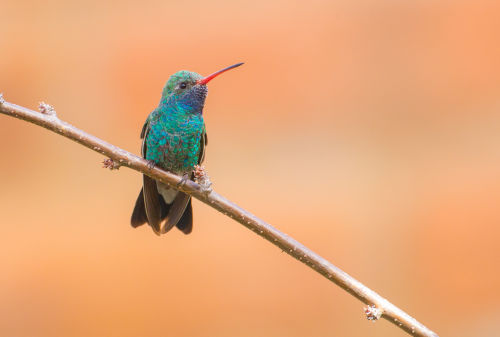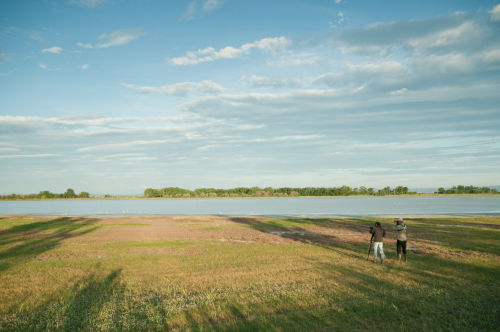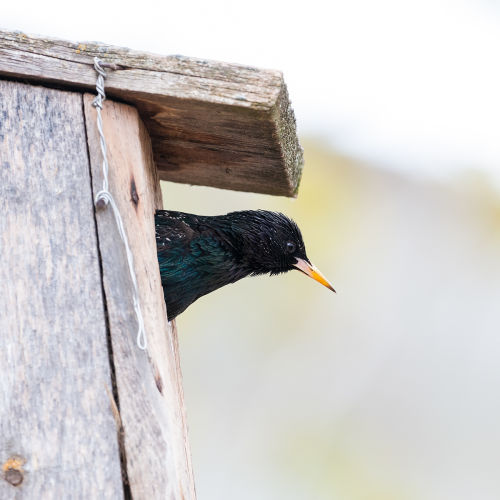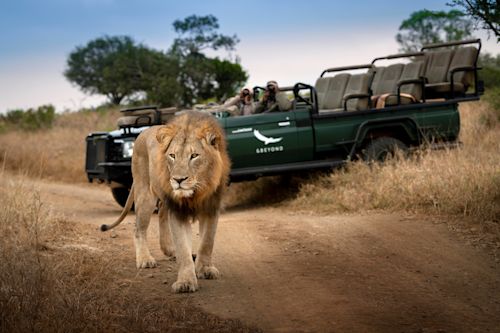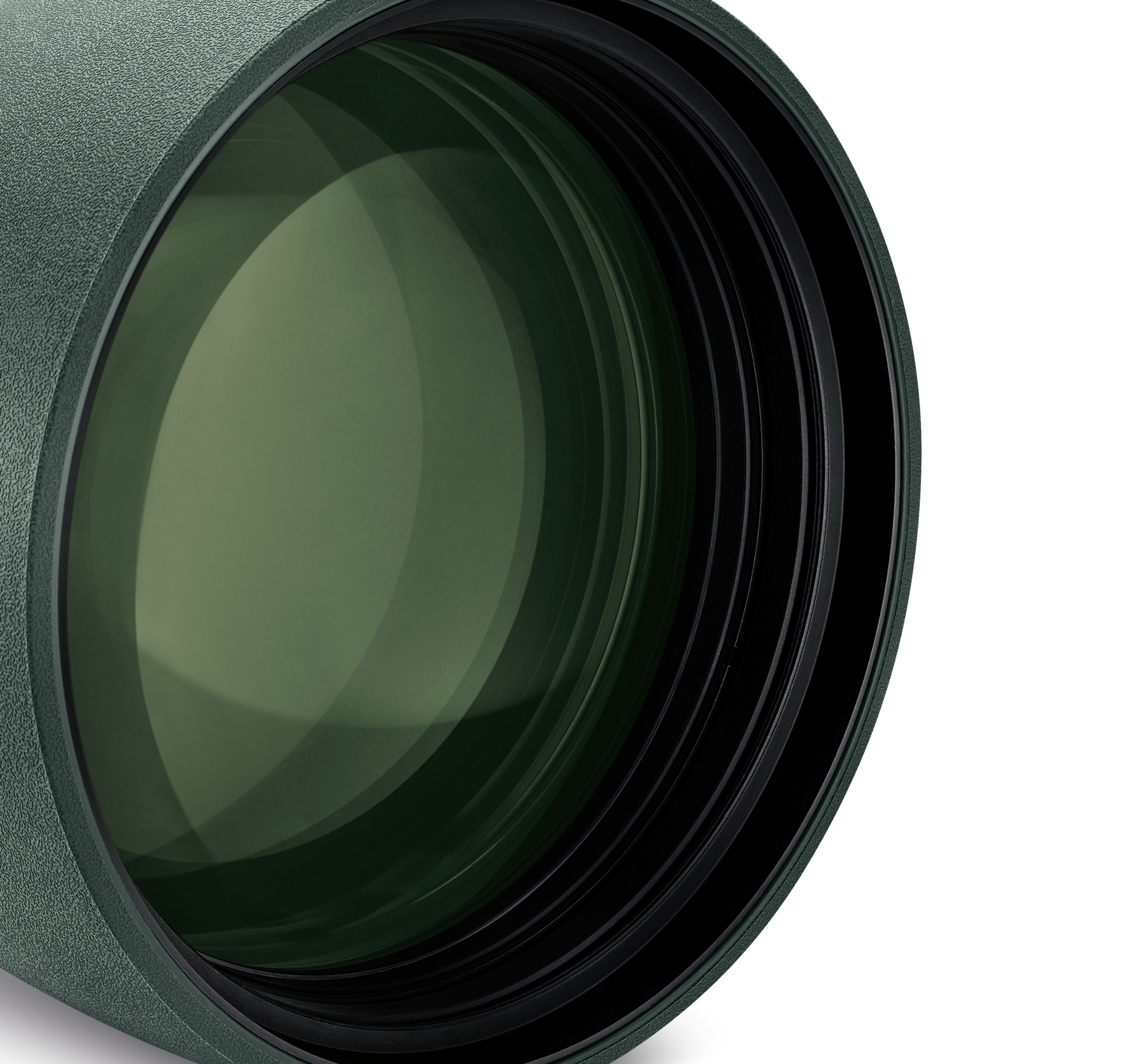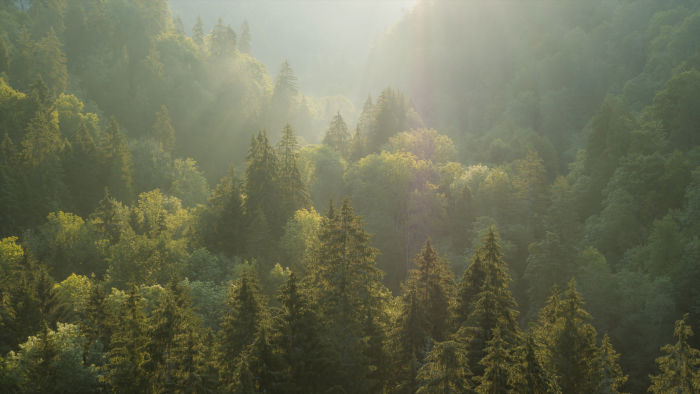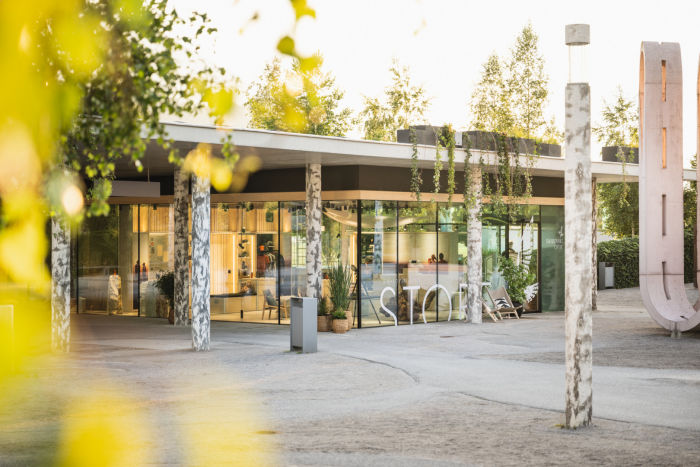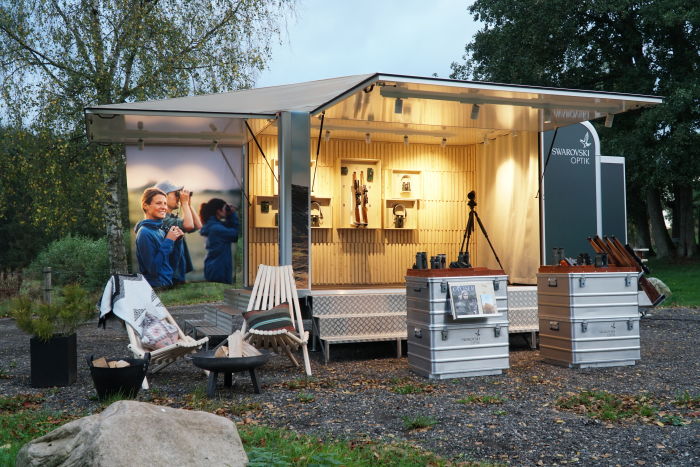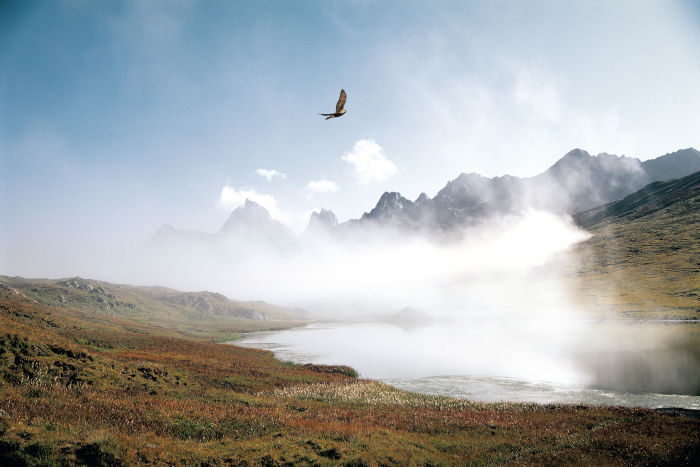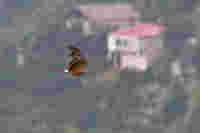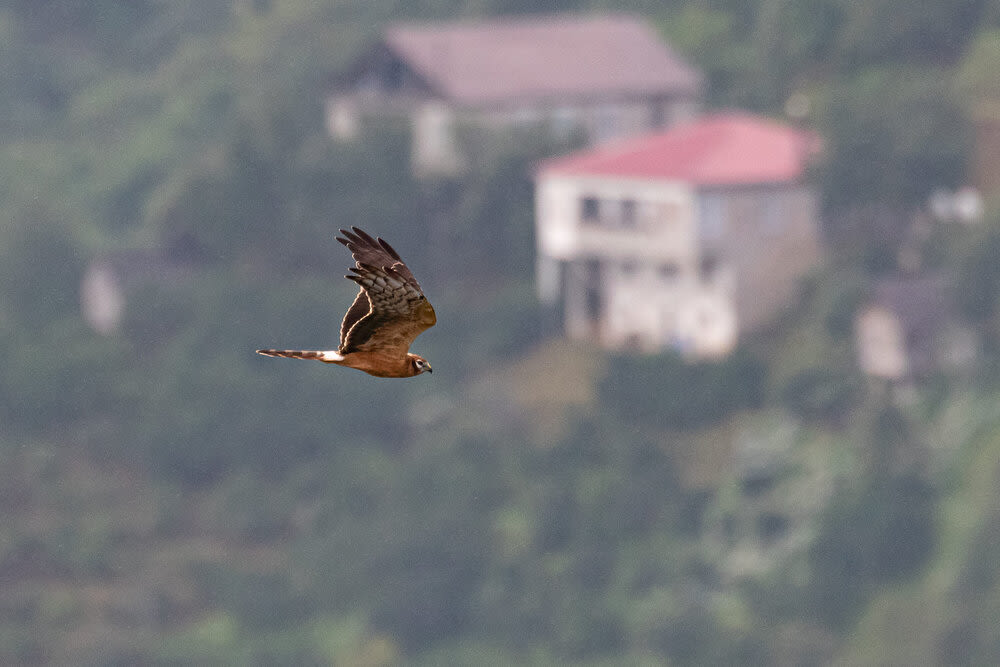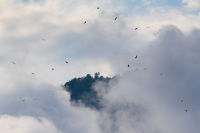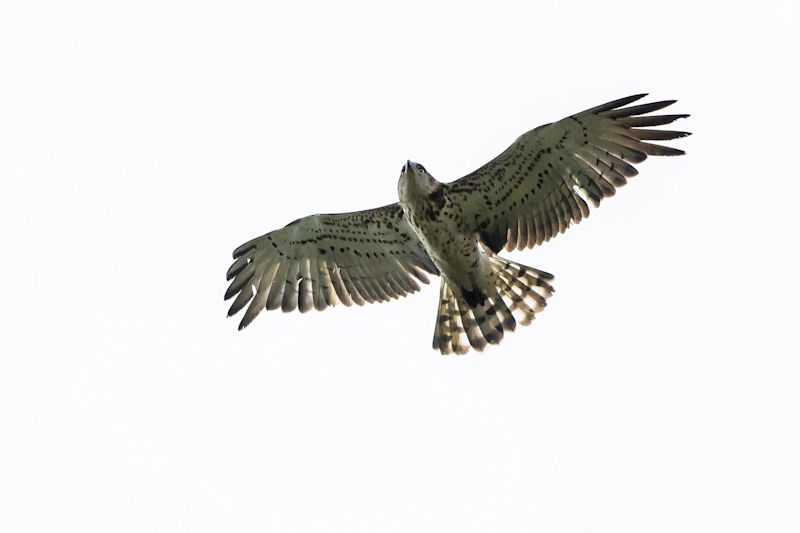Every fall, more than a million raptors migrate south through the country of Georgia where the Caucasus Mountains concentrate and funnel them through a narrow bottleneck along the Black Sea coast. Thousands of buzzards and kites streaming past overhead is breathtaking and a true natural wonder.
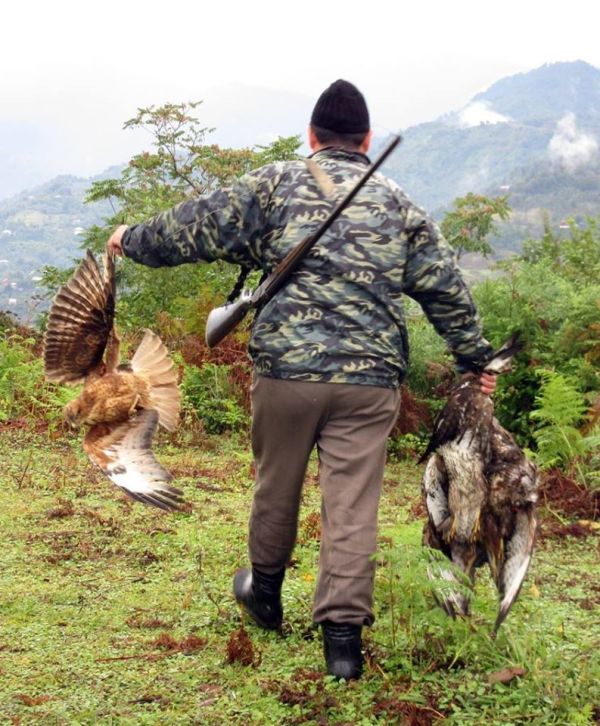
Sadly, however, some locals
interpret the migrating raptors
as a sign of the abundance of nature and naturally see the opportunity to harvest from this abundance. Unfortunately, the sheer numbers of many species at the site is just because they are being concentrated here, and not necessarily because there are lots of them. The result is that likely more than 10.000 raptors are shot or caught in the greater Batumi area each year [1].
Anna Sandor / Batumi Raptor Count
Typically, the shooting of raptors will involve a few friends getting together on a hilltop, barbecuing or just relaxing while occasionally taking shots at birds flying close by. Evidently, the older, more experienced hunters are quite selective in focusing on Honey Buzzards (Pernis apivorus) – the favorite for eating – while younger hunters are more likely to also shoot at any larger bird flying past, using non-preferred species as target practice. This is of particular concern for the rarer harriers and eagles.
... our approach has always been non-confrontational as we feel it’s important to understand the magnitude and geographic distribution of the poaching, and then work with the locals, to educate them and their families about the uniqueness of the site; ultimately aiming to get them interested in observing and conserving their raptors."
Sabuko (BirdLife in Georgia), Fauna & Flora Intl. and others are now taking the lead in this critically important community work and are taking great strides in getting people on board with conservation thinking.
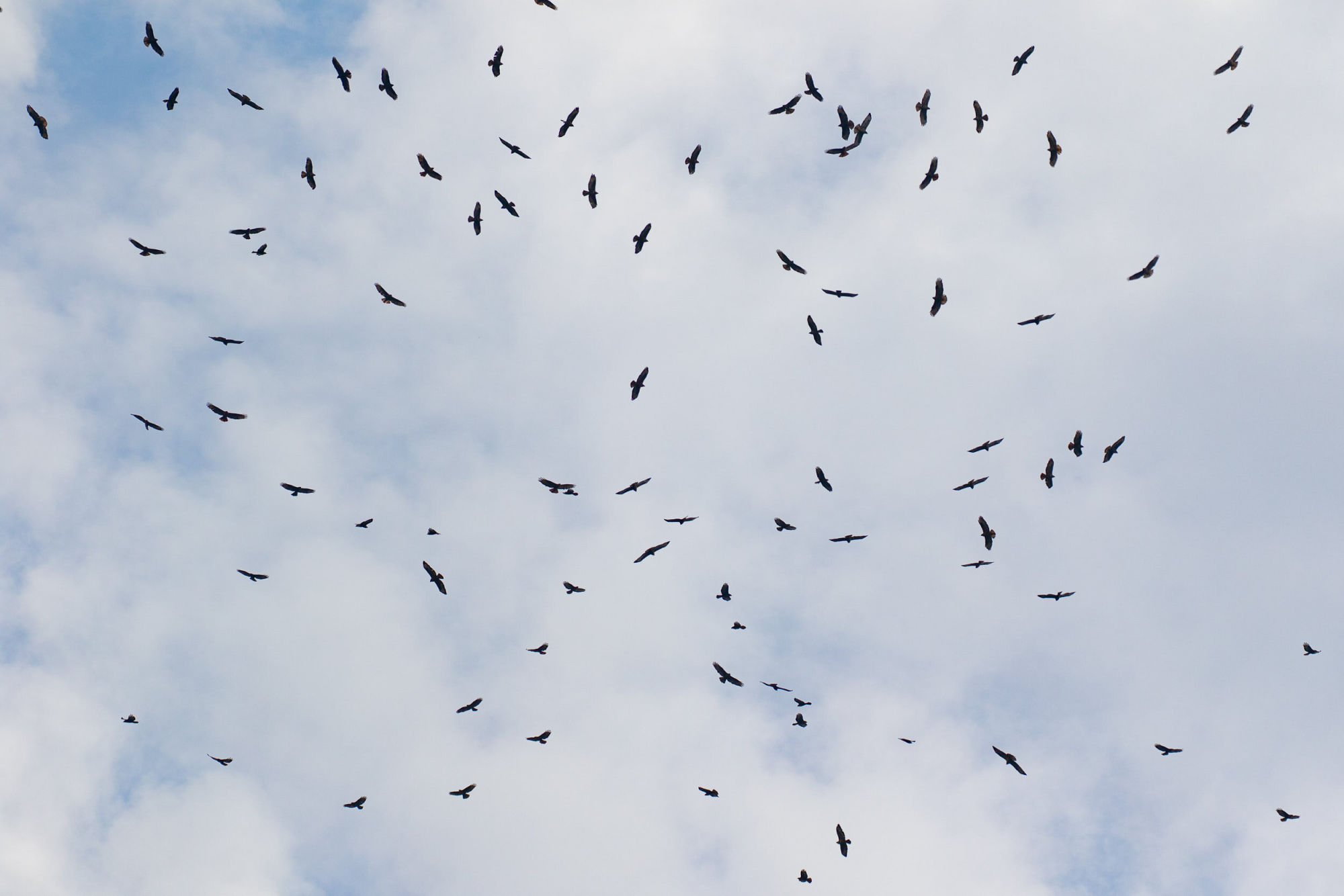
Georgia became party to the Convention on Migratory Species (CMS) in 2000 [2] and the killing of migrating raptors is illegal. On top of this, only half of the people shooting raptors had a hunting license at all, evidently because the chance of being caught and the consequences thereof were minimal. At the end of the day, it is going to take greater efforts from the authorities to help preserve their natural treasure.
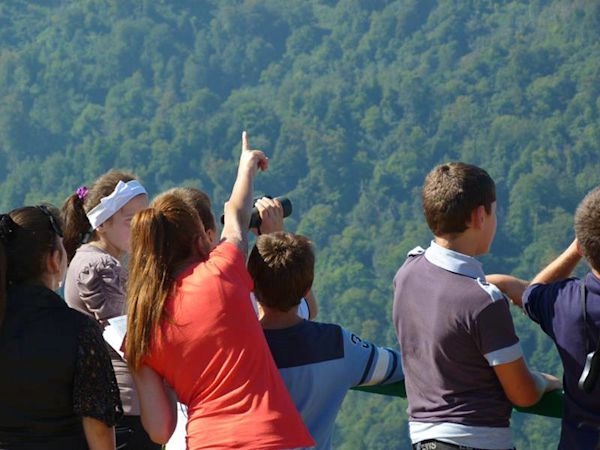
While in Batumi this week, I had a
heart-wrenching moment
as a Booted Eagle (Hieraaetus pennatus) was hit by shotgun pellets. The eagle floundered briefly in the air, but thankfully was able to carry on flying. I fought back my outrage and a tear. The authorities responded five hours later. Effective policing and consequences need to go hand-in-hand with outreach programs in order to safeguard the future of Africa and Eurasia’s raptors.
